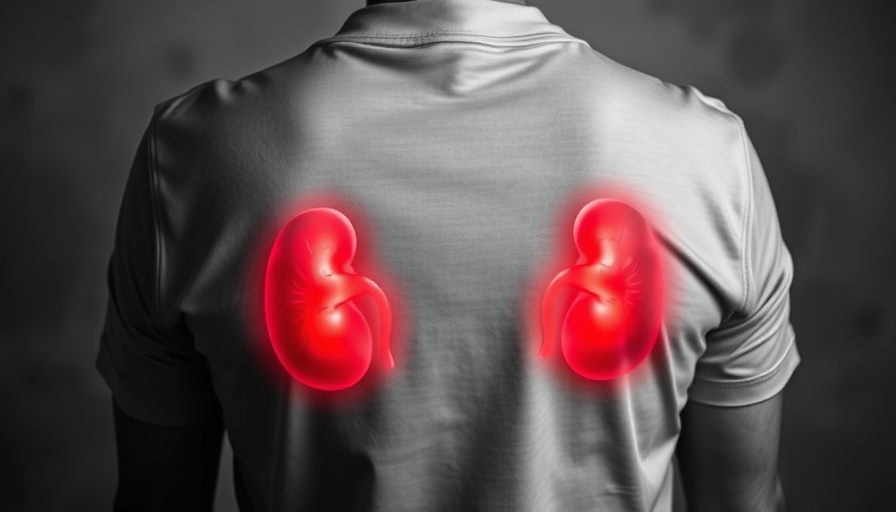
The Surprising Link Between Diabetes Drugs and Fall Risks
Managing type 2 diabetes (T2D) can be a complex endeavor, particularly when it comes to medication choices. Recent research has unveiled a significant connection between commonly prescribed diabetes medications and an increased risk of falls among patients. Specifically, sodium-glucose cotransporter 2 (SGLT2) inhibitors, widely used for managing high blood sugar levels, appear to heighten fall risks, especially when combined with glucagon-like peptide 1 receptor agonists (GLP-1 RAs).
Understanding the Study's Findings
A study conducted by researchers at the University of Tsukuba Hospital in Japan tracked 471 patients over a span of up to five years. Their findings revealed an alarming fall rate of 17.1 per 100 person-years, which means many patients experienced at least one fall during this period. Notably, the research identified several factors that independently increased the likelihood of falls, including history of falls, age, and SGLT2 inhibitor usage.
The analysis, which also considered variables such as height and body mass index, highlighted that women were more susceptible, denoting a need for gender-specific considerations in diabetes management.
What’s Causing This Increased Fall Risk?
The heightened risk of falls linked to SGLT2 and GLP-1 medications can be partially attributed to their effects on body composition. These drugs can lead to a decrease in lean body mass, a factor known to contribute to the risk of falls. Additionally, medications that cause hypoglycemia, common in many diabetes treatments, further complicate this issue. Understanding these dynamics is essential for healthcare professionals prescribing medications for T2D and underscores the necessity for ongoing patient education about potential side effects.
Incorporating Safety Measures into Diabetes Care
The implications of this research are critical. For healthcare providers, it’s essential to evaluate the complete profile of a patient when considering diabetes medications. The study's authors advise that, when patients are placed on SGLT2 inhibitors, particularly in combination with GLP-1 RAs, they should be monitored closely. Providing practical support, such as dietary recommendations and exercise plans, can help mitigate fall risks. Health professionals should engage with their patients about the importance of balance training and fall prevention techniques.
Future Outlook: Addressing the Fall Risk Challenge
As we move forward, the landscape of diabetes treatment is likely to evolve with an emphasis on safety and efficacy. Although newer medications have proven beneficial for improving glucose control, the priority must shift towards ensuring patient safety. Ongoing studies and patient monitoring will play a pivotal role in understanding the long-term impacts of these drugs. Health authorities could consider revisiting guidelines for prescribing medications that carry increased risk factors, especially for certain demographics like older adults.
The Emotional Impact on Patients Living with T2D
For patients, the knowledge of potential risks associated with their diabetes medications can lead to feelings of anxiety and confusion. With so much at stake concerning their health and quality of life, patients should be encouraged to openly discuss their concerns with healthcare providers. Emotional support, as well as education about how to navigate potential hazards, will empower them to make informed choices about their treatment plans.
Conclusion: Empowering Patients through Education
As new research continues to emerge, it’s imperative for both patients and healthcare providers to remain informed about the risks associated with diabetes medications. Open dialogues about the realities of diabetes treatment, along with strategies to minimize risks, can foster a proactive approach to managing T2D. It’s time for patients to advocate for their health, ensuring they understand their medications, potential risks, and the importance of integrated fall prevention strategies. Let's work towards making positive and informed health choices together!
 Add Row
Add Row  Add
Add 



 Add Row
Add Row  Add
Add 
Write A Comment